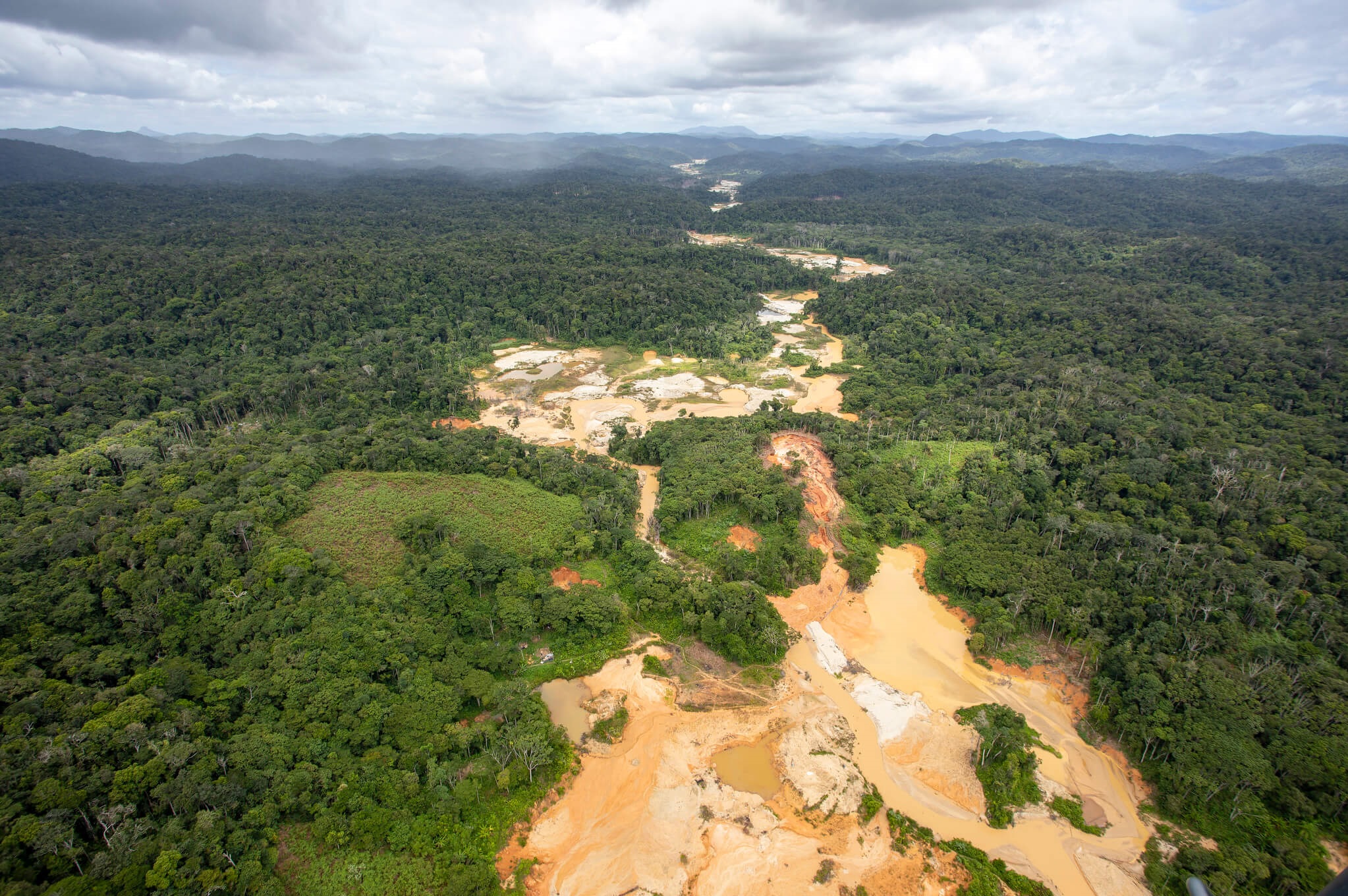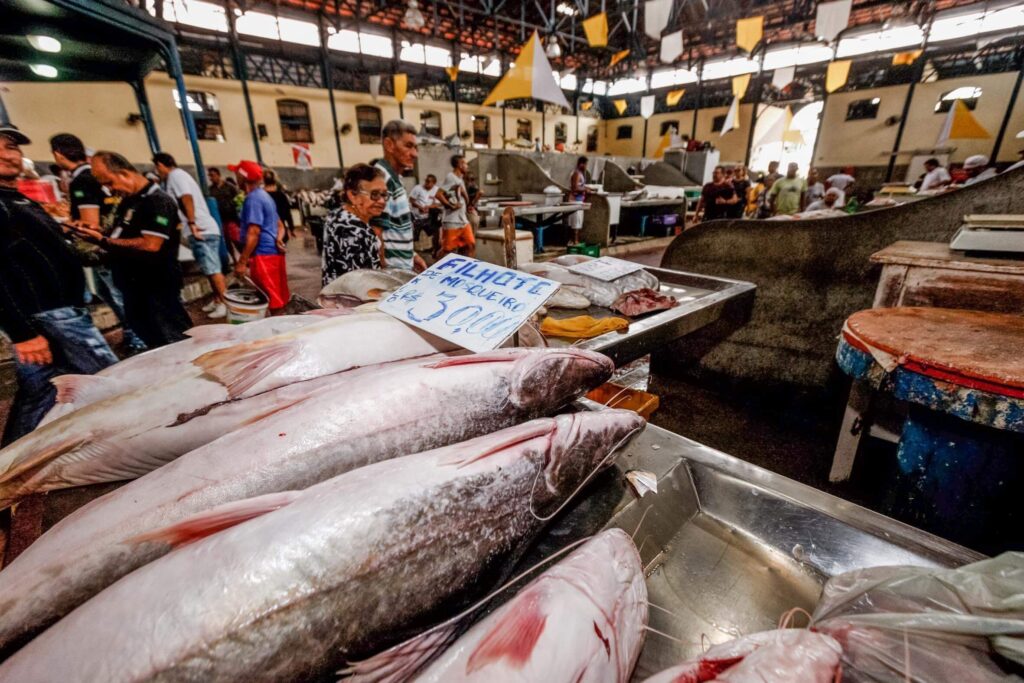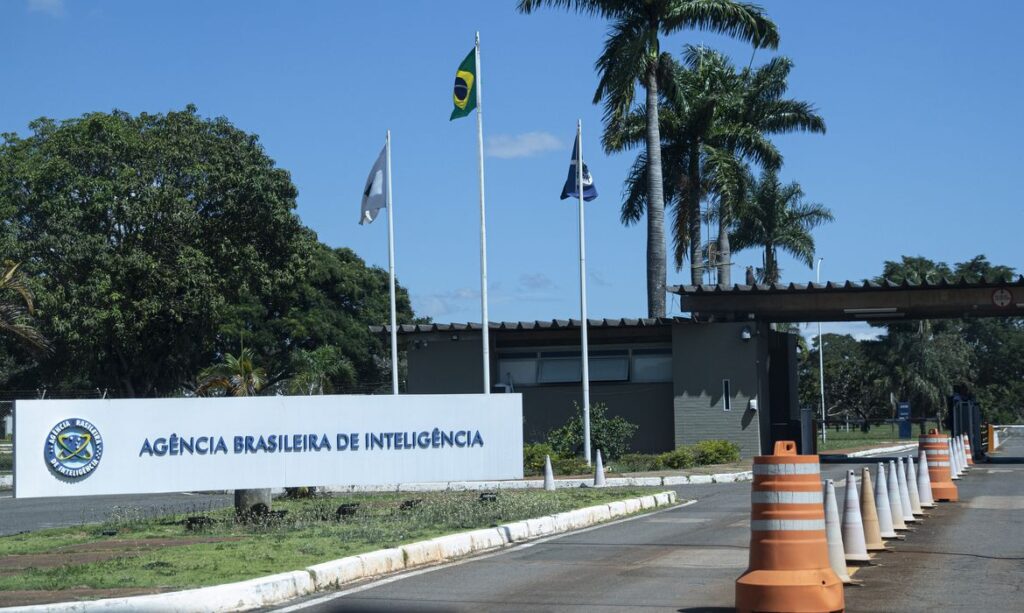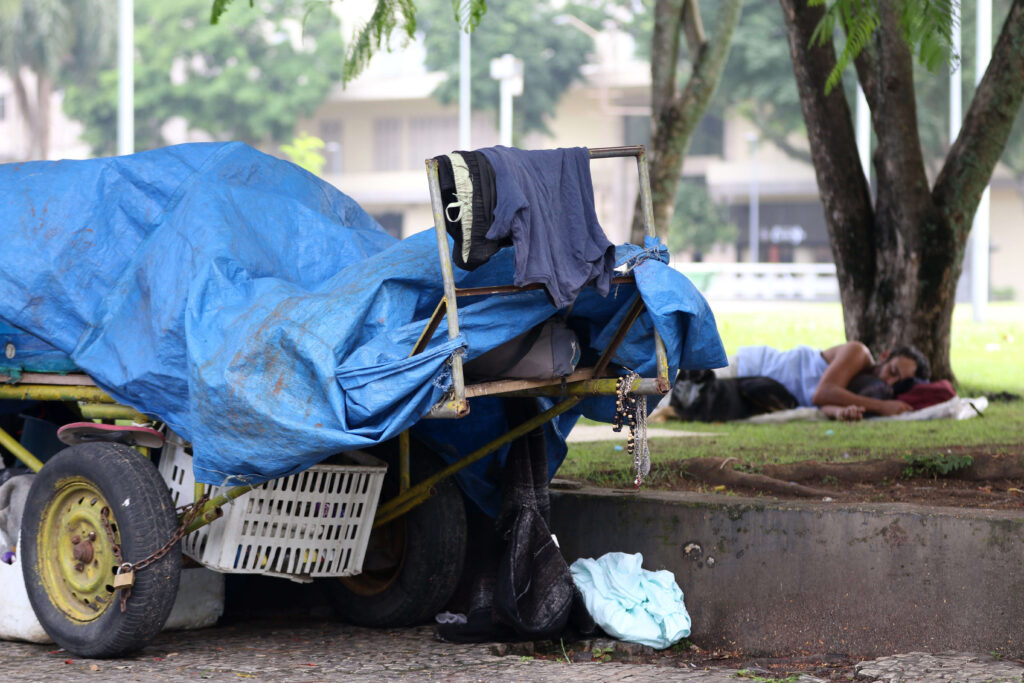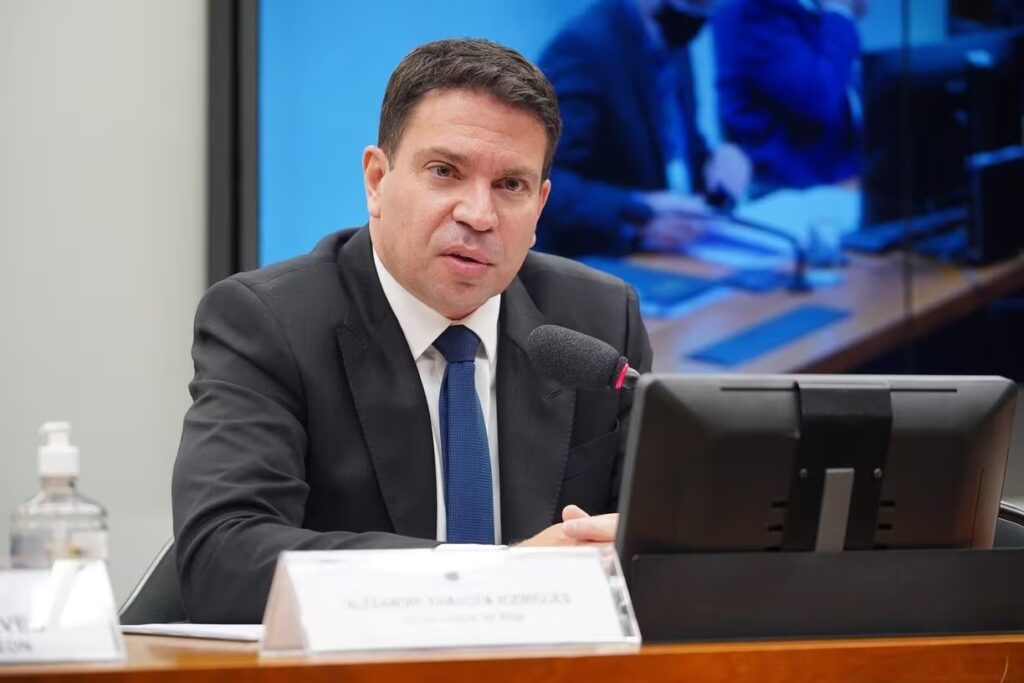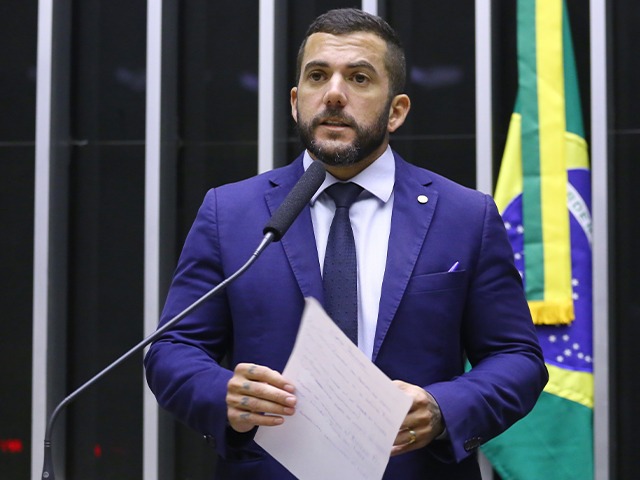São Paulo, Brazil – Government security forces in Brazil clashed with illegal miners and invaders, on Sunday (30) night, who continue to operate in the Yanomami Indigenous Territory, leaving four alleged criminals killed in the aftermath.
Reportedly, during an aerial inspection operation, officers from the Federal Highway Police and the Brazilian Institute of Environment and Renewable Natural Resources (Ibama), were attacked by the illegal miners who attempted to shoot down the helicopter patrolling the area, leading to the shootout.
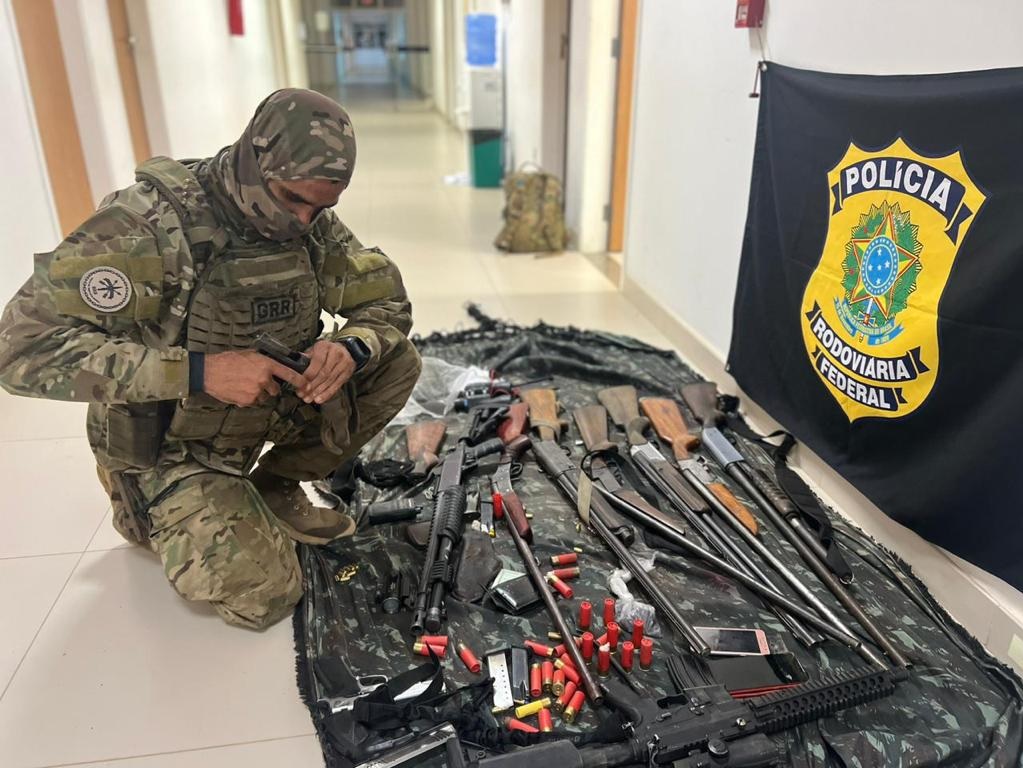
Following the confrontation, federal agents found a war arsenal with rifles, shotguns, pistols, and plenty of ammunition at the miner’s camp.
The day before, invaders attacked a village in the Uxuí community, north of the Yanomami territory, and shot three young indigenous people. One died shortly after being shot, while the other two were rescued.
The survivors received first aid at the Indigenous Health Center, established within the Yanomami territory earlier in the year. Then they had to be transferred to the general hospital in Roraima, the capital of the state. The two victims’ conditions are considered stable.
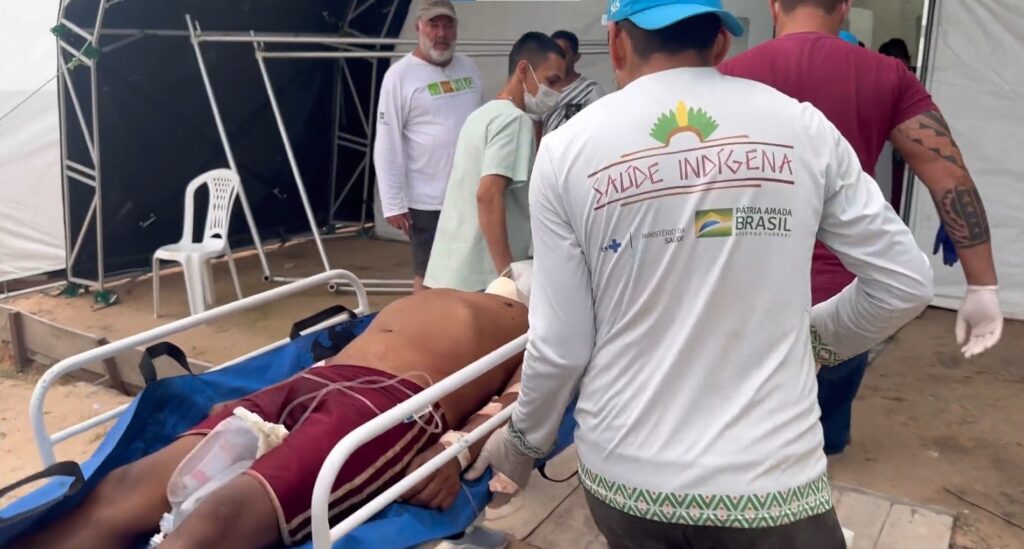
On social media, the Ministry of Indigenous Peoples condemned the attack and announced the dispatch of another government team to strengthen efforts to combat intrusions into Yanomami territory.
Since February, the Brazilian government has been conducting a major operation to remove illegal gold miners, loggers, and other invaders who have been exploiting the natural resources of the Yanomami territory for decades. However, the work is complex and time-consuming, especially due to the vast territorial expanse of the area.
A history of exploitation
Located in the northern states of Roraima and Amazonas that border Venezuela, the Yanomami territory is about twice the size of Switzerland. But the main areas of illegal mining activity were concentrated in the north of the territory, in Roraima.
Read more: Brazil’s humanitarian crisis exposed suffering of Yanomami people under Bolsonaro government
The long period of unbridled mineral exploitation has left deep scars on Yanomami society and the Amazon rainforest, resulting in miners contaminating river beds and soil with mercury in their search for gold.
By consuming the fish from these contaminated waters, or even swimming in them, the Yanomami people can develop a series of alterations to the nervous system causing motor and cognitive problems, vision and hearing loss, heart disease, and even cancer.
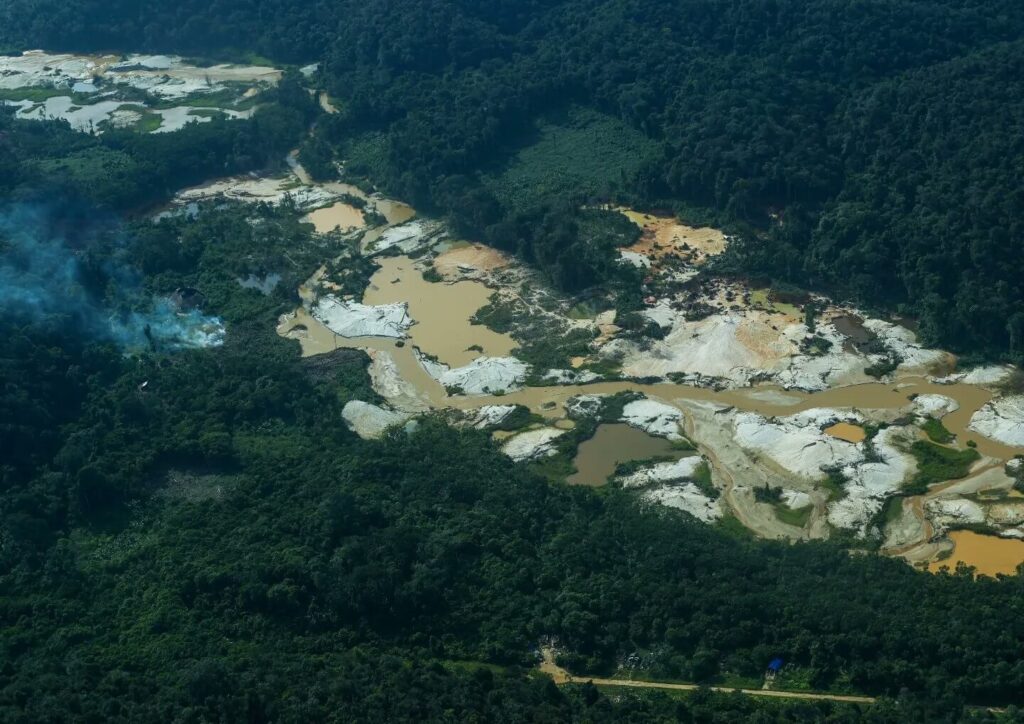
“They are contaminating the rivers with mercury and consequently the fish, which is one of the staples of the Yanomami diet,” Priscilla Oliveira, a research officer at Survival International, a London-based human rights group, told Brazil Reports.
She said that in addition to poisoning the rivers, miners also bring with them “malaria, Covid-19, and other diseases” that can be severely detrimental to the vulnerable indigenous population.
In the long term, mercury causes the death of fish and other animals and prevents crops from developing. Without animals to hunt and without fruits, vegetables, and grains, the Yanomami have been living with hunger. Earlier this year, photos of severely malnourished children shocked the world and forced President Lula’s government to intervene in the region.
During a visit to the region on Monday (1), Environmental Minister Marina Silva said that around 80% of the miners who work in the area have already left the indigenous land.
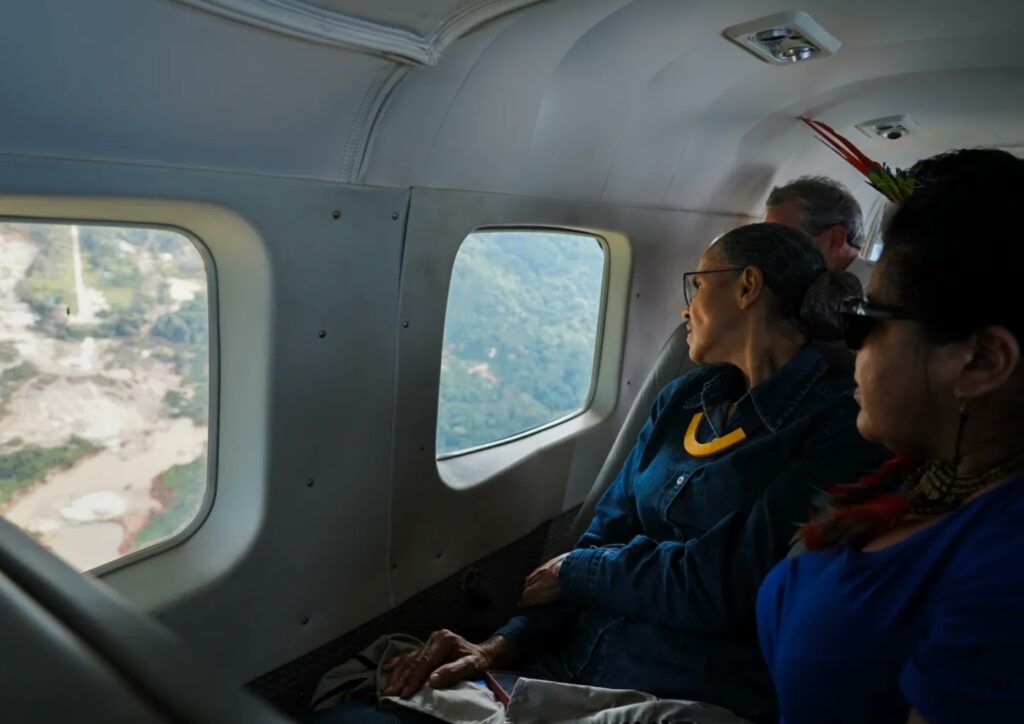
“We were able to observe in the flyover that there are several mines that, in fact, were deactivated, are abandoned, but some, according to the satellite data, and from what we could see, are still active. And they will be deactivated”, said Minister Marina Silva.
According to information from the Ministry of Environment, since the beginning of operations, security agents have destroyed 327 mining camps, 18 planes, two helicopters, hundreds of engines used in boats, as well as dozens of rafts and tractors used by miners.
Satellite images indicate that from February to April 2023, deforestation caused by mining in the region increased by 80% compared to the same period last year. Additionally, the recent violent episodes experienced in the area show that much still needs to be done for Yanomami Land to become a safe and suitable place for those who live there.


